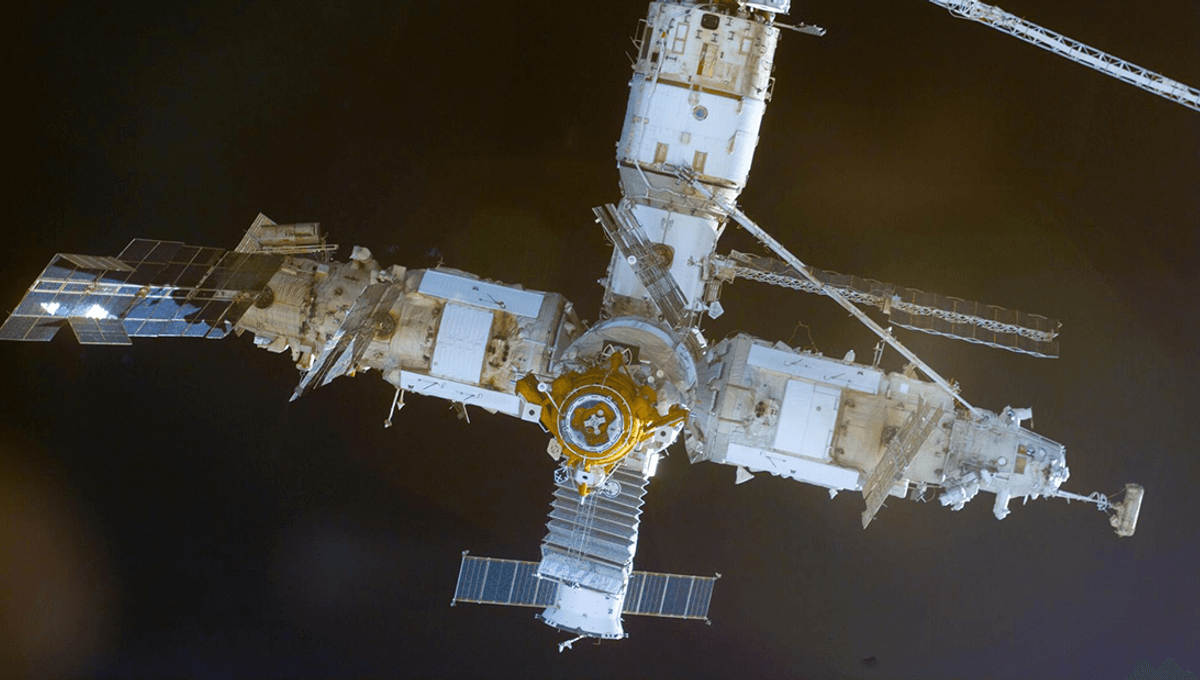
Earlier this year, astronauts Suni Williams and Butch Wilmore departed for the International Space Station (ISS) for what was meant to be an eight-day trip. Unfortunately, due to problems with the ship they rode in on – Boeing’s now infamous Starliner – they will now be stranded until they can be rescued by SpaceX’s Dragon spacecraft in February 2025.
While they wait, it’s worth pointing out that this is not the first time that astronauts or cosmonauts have become stuck in space for a lot longer than they had anticipated.
In September 2023, astronaut Frank Rubio became the first NASA astronaut to stay in space for over a year. In 2022, Rubio and cosmonauts Sergey Prokopyev and Dmitry Petelin became stranded on the ISS when the cosmonauts’ ship became damaged by a meteoroid, resulting in a coolant leak. A second Soyuz spacecraft was sent to return the three to Earth safely. However, the crew could not simply leave the ISS, and remained to conduct the work which would have been carried out by a fresh crew delivery in the now-empty Soyuz craft.
Though many would leap at the chance to stay in space for a year, Rubio was not among them. When passing the year milestone, he told reporters that he would not have gone on the mission if he had known how long it would last.
“If they had asked me upfront before training, because you do train for a year or two years for your mission, I probably would have declined,” Rubio said during a live broadcast from the ISS. “It would have hurt, but I would have declined.”
“That’s only because of family things that were going on this past year and had I known that I would have had to miss those very important events, I just would have had to say ‘thank you, but no thank you.’”
Others have been stranded in space following the failures of shuttles. Following the Columbia disaster in 2003, when the Columbia shuttle disintegrated during re-entry with seven astronauts on board, NASA suspended flights for two years whilst it investigated the failure. Astronauts then had to rely on the Soyuz spacecraft, and those still in space had to stay there for a few extra months.
However, one of the oddest reasons somebody has become stuck in space is that their country disappeared beneath them.
Sergei Krikalev grew up in St Petersberg, Russia (then known as Leningrad) and obtained a mechanical engineering degree before going to work as a rocket engineer at NPO Energia. Here, among other projects, he worked as part of the rescue team when the Salyut 7 space station failed in 1985. Shortly thereafter, he was selected as a cosmonaut, and spent years in training, working on everything from repair of the space station to conducting spacewalks.
The part not covered in the training is what to do when your country disappears while you are in orbit. This would have been really handy, as while he was on a mission the Soviet Union collapsed, leaving him stuck in space with no country – and, more importantly, no official space organization to rescue him.
In 1991, cosmonaut Krikalev departed for a mission on the Mir space station. The trip started off badly as the spacecraft carrying Krikalev and two others approached Mir the targeting system failed, meaning Krikalev had to dock manually, with any wrong move being potentially fatal. Keeping a cool head, he docked and the cosmonauts – plus the first British astronaut Helen Sharman – climbed on board.
Krikalev performed his duties as normal, while below the Soviet Union began to strain further and crack. News did reach them on Mir, but it was sparse.
“It was a long process and we were getting the news, not all at once, but we heard about the referendum, for example,” Krikalev explained in a Q&A hosted by The Guardian. “I was doing my job and was more worried about those on the ground – our families and friends – we had everything we needed!”
In October, several of his colleagues departed at the end of their four-month mission. Krikalev agreed to stay up there to keep Mir going, circling Earth for longer than he’d anticipated.
Then, on December 25, 1991, the Soviet Union finally collapsed. With the collapse, there was even less money for a mission that would relieve Krikalev of his duties. If all else failed, there was the Soyuz capsule that could be used to escape, though this would mean sacrificing the space station. With nobody to operate and repair it, it would be the end of Mir.
“The strongest argument was economic because this allows them to save resources here,” Krikalev said while still on Mir. “They say it’s tough for me—not really good for my health. But now the country is in such difficulty, the chance to save money must be top priority.”
Deals were struck between America and Russia, gaining the funding needed to send more cosmonauts and astronauts into orbit. Three months later on March 25, having spent a then-record 311 consecutive days in space, Krikalev finally returned to Earth. When he left, he had been a citizen of a state that now no longer existed, earning him the nickname the “last Soviet citizen”.
Despite spending a lot more time in space than he’d intended, he went straight back to training upon his return, and ended up clocking up 803 days in space, breaking previous records for time spent above the Earth. According to calculations by Universe Today, thanks to relativity and time dilation, he has traveled into the future by a whopping 0.2 seconds (which doesn’t really offset the months spent stranded on Mir).
Source Link: The Strangest Reason A Person Became Stranded In Space